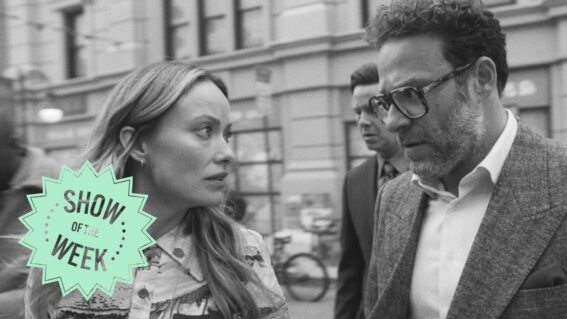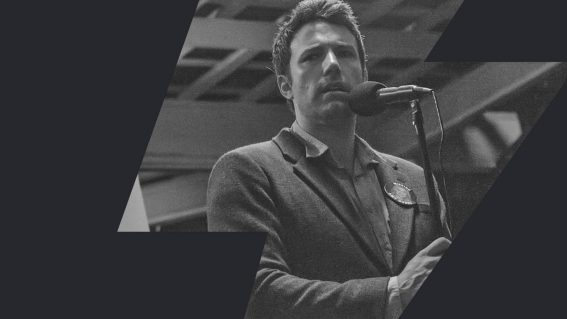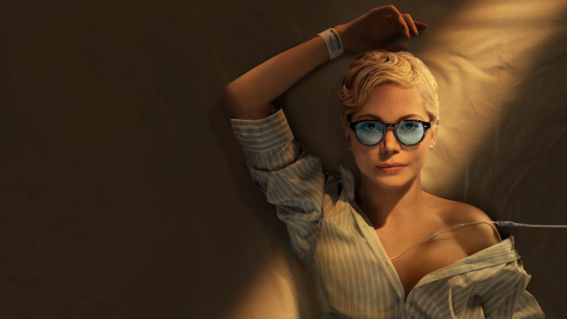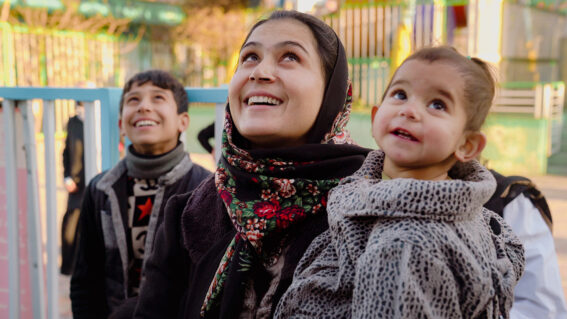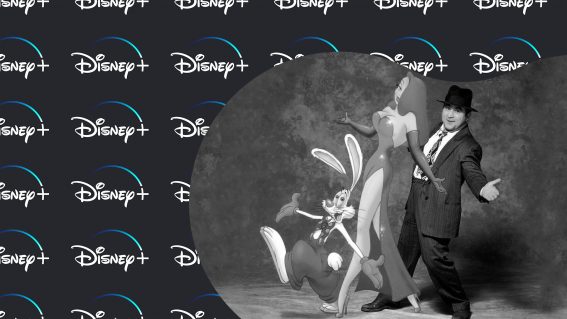Romance, Christchurch, Piracy, and a Movie Called ‘Sunday’
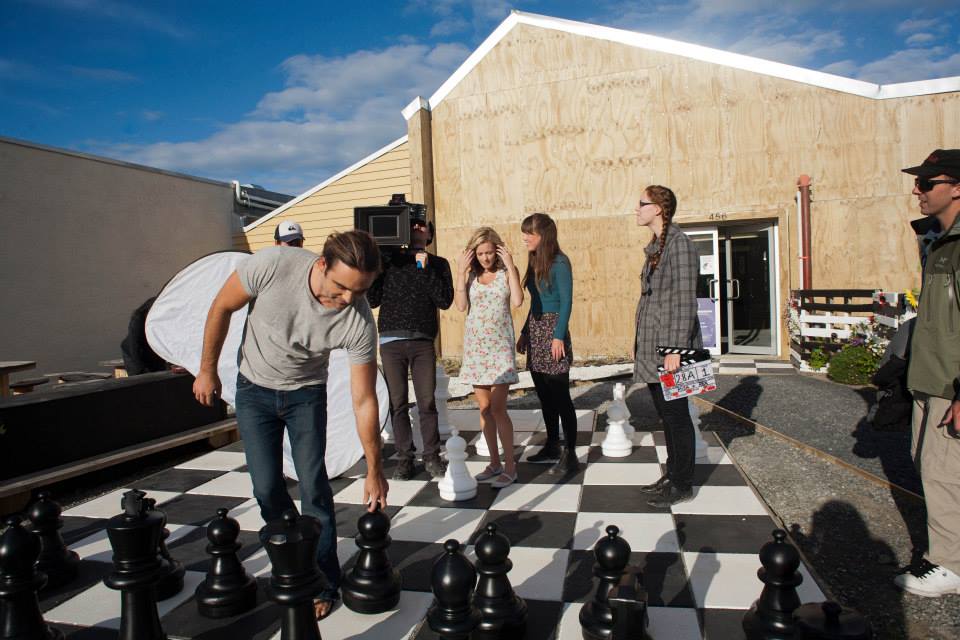
On December 7th, a humble indie Kiwi film called Sunday will hit cinemas. Simultaneously, it’ll also hit DVD, televisions, On Demand services, air flight entertainment systems, smart phones, carrier pigeons, R2-D2’s holographic display and basically anything else that can play a movie.
The story, set one year after the Christchurch earthquakes, follows a couple who are having a child but are no longer together. They spend the next 24 hours discovering whether or not they can rebuild their relationship and have a future together as a family.
Liam Maguren talks to director and co-writer Michelle Joy Lloyd about this ambitious film. For more details on the film’s release, visit the film’s profile page or the official website.
How did the concept for ‘Sunday’ come about?
It was an idea from our lead actor, Dustin Clare. He had a sleepless night, came up with the idea, and talked about it with Camille Keenan – his partner and co-lead in the film.
They approached myself and my husband Ryan Alexander Lloyd – also the film’s cinematographer – to see if we wanted to collaborate and make this film. That’s how it all started.
Myself, Dustin and Camille all wrote the script together and we edited each other’s scenes. Camille played quite a big role in overseeing and editing a lot of the script down. She kind of took a bit of a lead in the writing sense, but it was very much collaborative.
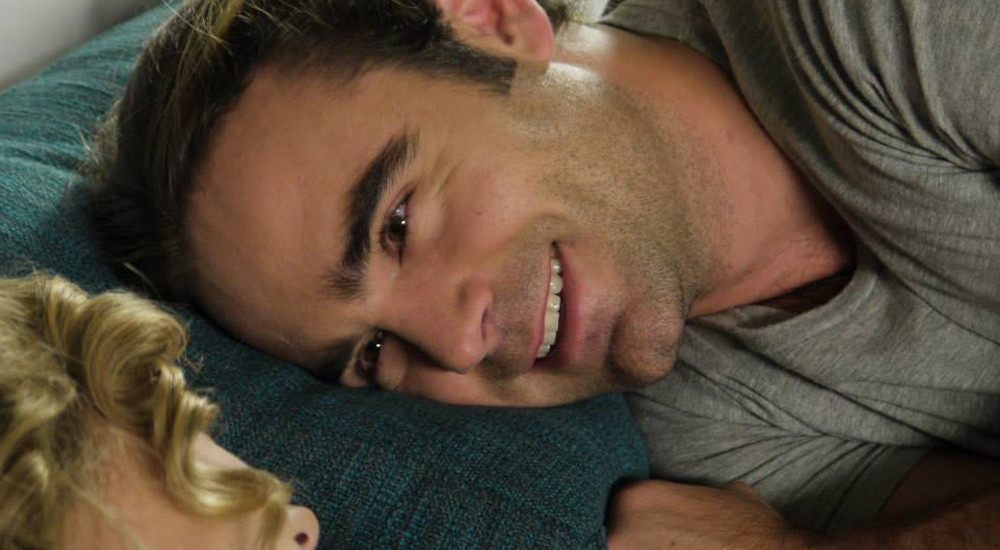
One thing that really got me interested in ‘Sunday’ is that it’s a serious film about romance made in New Zealand. We hardly ever do those.
It’s not common, and I don’t know why that is. It’s a really popular genre in film – certainly one of my favourite genres, obviously.
We thought it would be nice to see that genre brought to a New Zealand audience, placed in a backdrop that was quite relevant at the time it was shot, which is Christchurch, and in a way, a kind of metaphor for our story.
Was it always the plan to set it in post-earthquake Christchurch, or did it just come naturally in script?
It came naturally very early on in the script. It was relevant to our characters, in a sense. We see something that’s been broken, but with the hope of potentially rebuilding.
I’m from Christchurch; my family’s there. Myself and Ryan were married in Christchurch, and we just felt really helpless. There isn’t much really that we could have done, but we wanted to go back and make something special there.
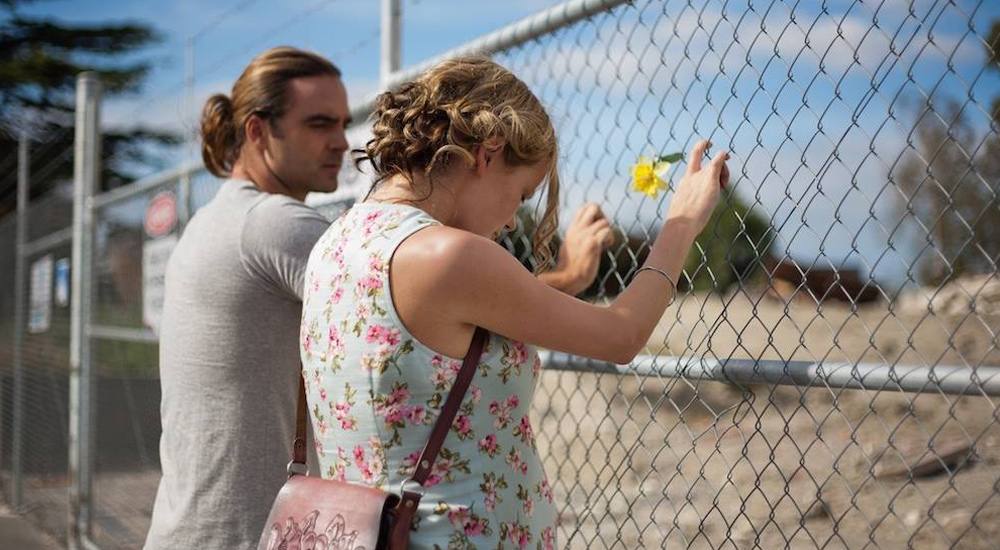
And part of the movie’s profits will go towards the rebuild of Christchurch as well.
Yeah, we’ve got two parts to that.
$1 from every ticket sale on the day of our release is going to White Ribbon, with a focus on Canterbury.
Secondly, 10% of the film’s profit will go back into Gap Fillers, which is a really innovative project within Christchurch that puts creative projects where buildings once stood. They are doing some really interesting things, and we even shot a few scenes at some of the Gap Filler locations.

Despite the fact that this is one of the best years New Zealand film has had, we’re still hardly seeing any woman tackling features or being given the chance to make features themselves. ‘Sunday’ may be the only Kiwi feature directed by a woman this year, which is disappointing considering that a lot of great women are making fantastic short films in New Zealand.
I agree with you completely, and i’m not sure how we champion that message to the people who make the decisions. Sunday is a self funded film, it’s independent in the truest sense of the word, we mostly used our own money to make the film.
But there are some great female filmmakers in New Zealand. I thought Ellen is Leaving by Michelle Saville was a great short film.
I also think Alyx Duncan is a really interesting filmmaker. She made The Red House, and I think this is a truly unique voice to come out of New Zealand. I really hope Alyx goes on to make her second feature, because she’s got the drive, and the talent. I really hope that the New Zealand film industry will see that and support that.
I’m also hoping that Aidee Walker finally gets a feature at some point. Her award-winning short film ‘Friday Tigers‘ gained quite a lot of attention.
There’s another filmmaker in New Zealand – Yamin Tun – who I would also like to see a feature film from. She’s had some really interesting experiences, and I think she is bringing that to her films. So, I would actually really like to see something come from her. She recently got a short film funded by the New Zealand Film Commission.
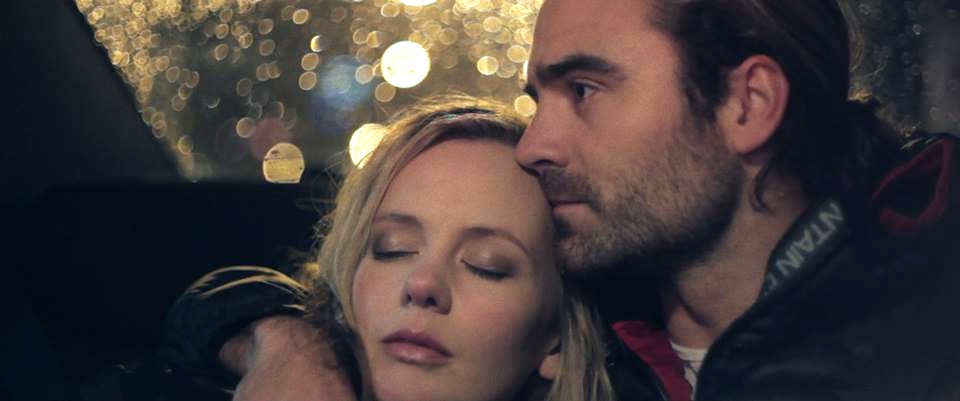
Let’s talk more about the distribution of ‘Sunday’. Why did you choose to release it across all of these different platforms at once?
Myself and Dustin decided quite early on that we were going to self-distribute the film in New Zealand. My background is digital, so I’m pretty interested in the online space and where that meets with film.
After a lot reading, discussing and research, we thought one of the biggest talking points is piracy. We came across a lot of people taking a very controlled approach, “We need to crackdown on this, and fine people.” That approach has gained a lot of negativity.
We wanted to come in and contribute to the conversation, not necessarily with the answer but with a response. Maybe if we let people have what want, when they want it, on a screen that they want to watch it, at a fair and reasonable price, then maybe they’ll actually pay for it.
I don’t think that’s everyone; some people are just going to pirate because they want free content. But there is this group that I like to call ‘Young Enough to Know How, Old Enough to Know Better’. They’re kind of guilty pirates. They want content. They generally want to watch content, especially when it comes to independent Arthouse films, and they can’t get their hands on it.
We will release the film to cinema with 20+ screens around NZ and TUGG screenings available in the US, TV on Rialto Channel, Online via iTunes and Vimeo, Airlines (Jetstar & Air NZ), and DVD all on the same day. Phew, I’m not going to lie, it’s a bit to organise.
In a way, it’s an experiment, so we’re going to be very open about how that goes for us, and release that information out into the world after the release. We hope it will help other independent filmmakers in the future.



